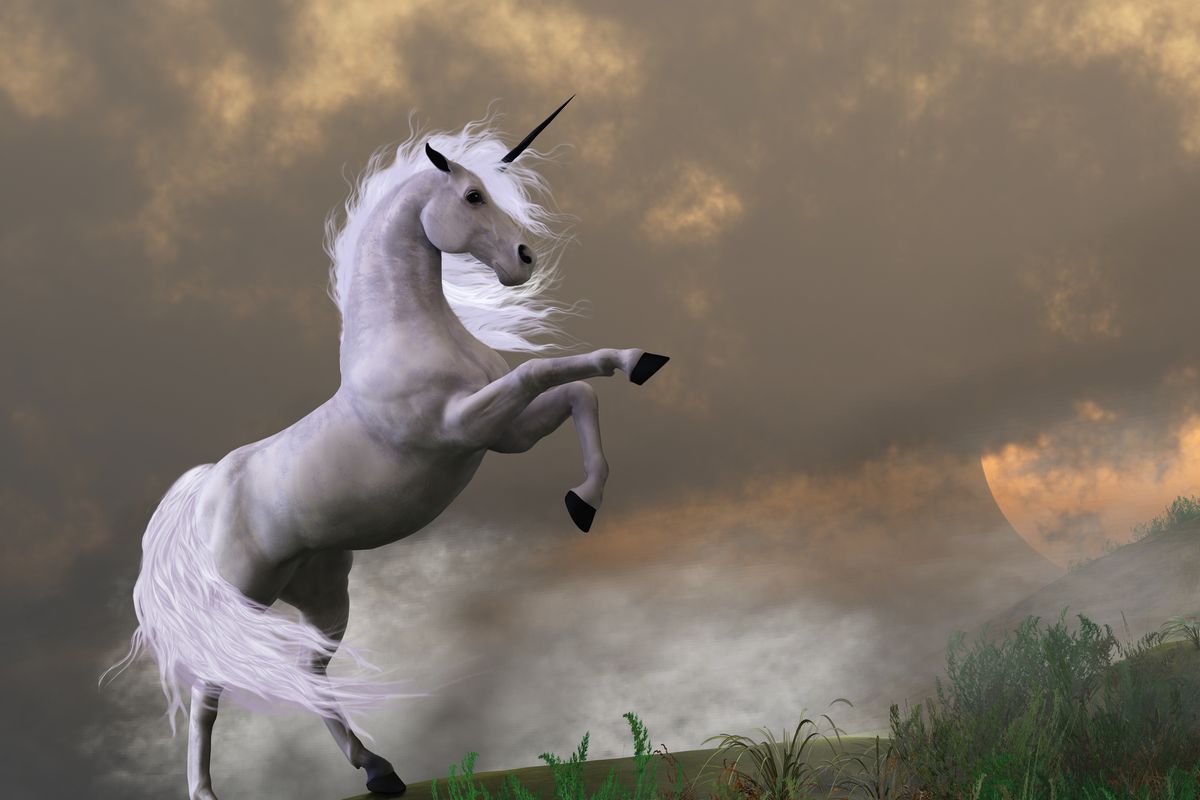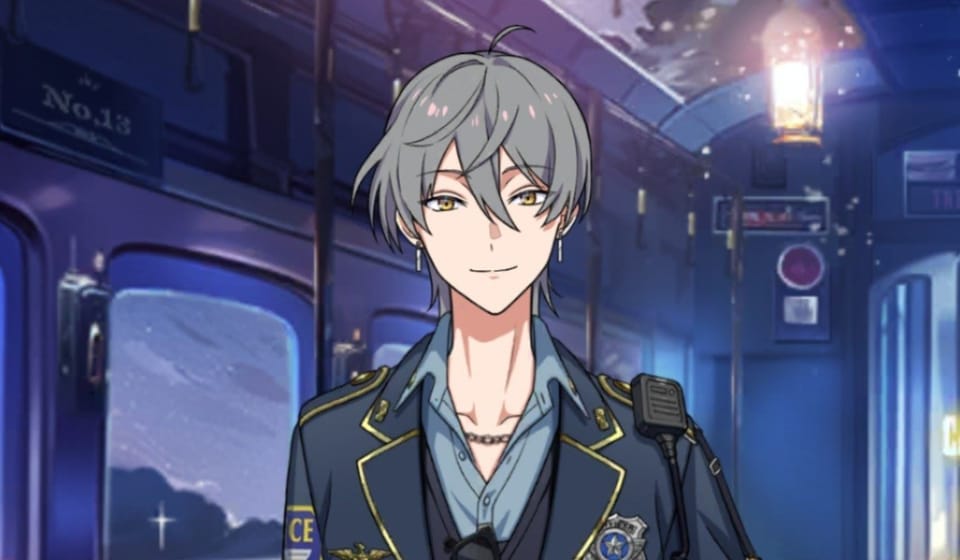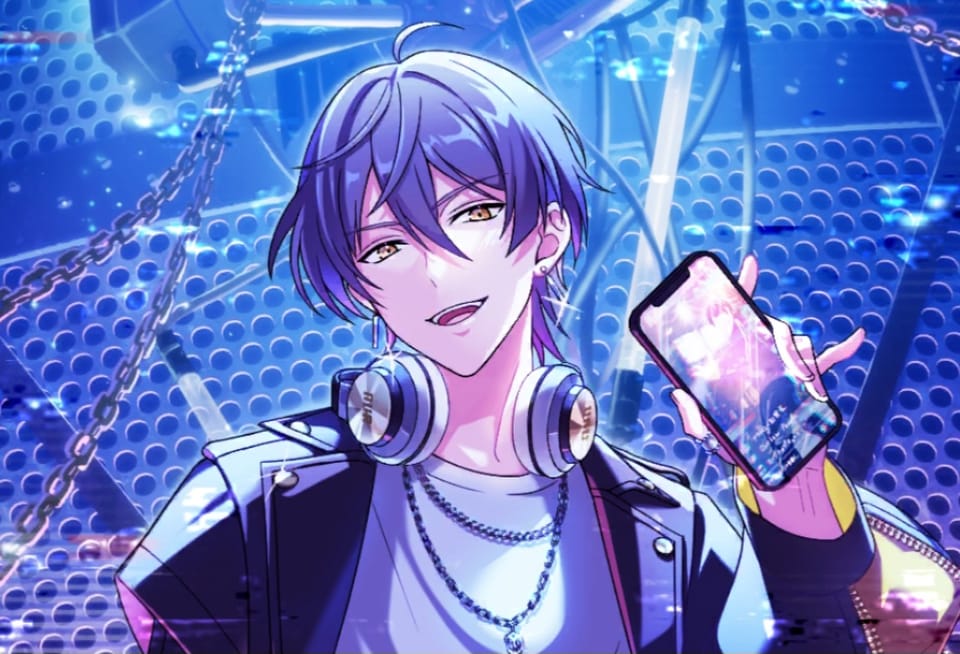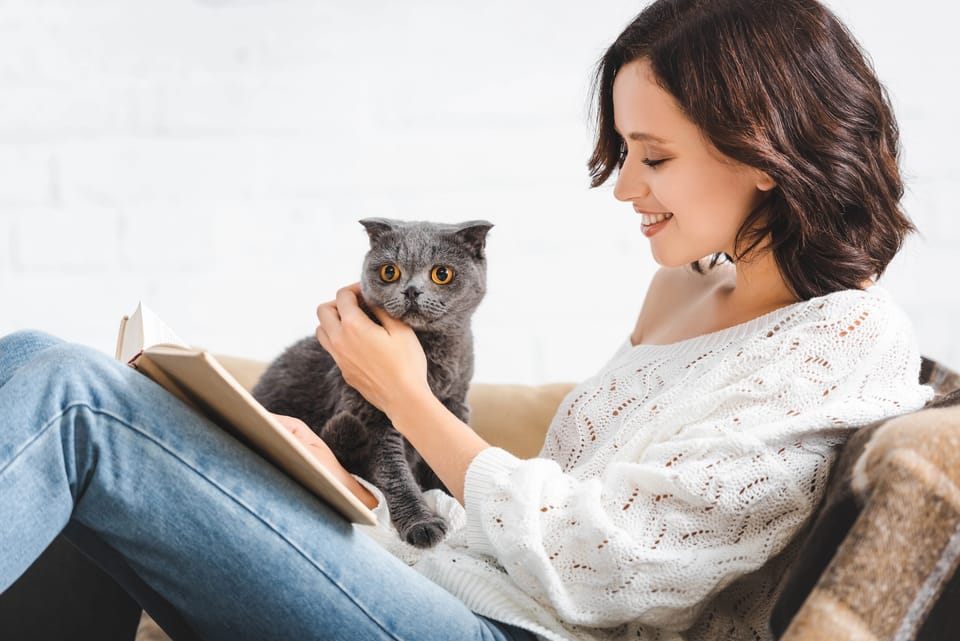Story Tropes Are Not Your Enemy
Norms and conventions are not always bad

This is Part 3 of my series on whether no ideas are new anymore. Click here to return to Part 1 and Part 2 .
So many people think we should avoid tropes like the plague.
Some folks even delight in ripping apart an otherwise enjoyable story, by pointing out all the tropes in them. And they say that the story is unoriginal and not worth reading.
But guess what? Even our real life is riddled with tropes. Just in my own life, I can see these recurring people and events:
- Jerks with a heart of gold
- The rival love interest
- People who rigidly stick to their principles even when it hurts others
- People who choose to save others, even at the cost of breaking some principles
- Unrequited love
- Brains versus brawn
- Finding a third solution when faced with a dilemma
The above all contain links to tropes on TvTropes, a wiki that collects tons of story tropes. Many books, movies, shows, comics, and other fiction works, have their own page on this website with a list of their tropes.
In fact, many trope pages even list real-life examples, such as celebrity news and current affairs. This highlights that tropes are indeed everywhere, in both fiction and reality.
Also, have you noticed that proverbs are all tropes of life in themselves? “Blessings in disguise” is a trope. So are sayings like “the early bird gets the worm,” “look before you leap,” “absence makes the heart grow fonder,” and “out of sight, out of mind.” And yes, proverbs can contradict each other.
I’m from the Chinese culture, and though we have our unique popular sayings, many of our idioms overlap with English proverbs too. These famous sayings are ways that people tried to spot patterns and make sense of our world.
So you see, tropes are a natural phenomenon. You can’t avoid them, and you don’t need to, either. In fact, the audience may feel attached to some tropes, and even get resentful if you try to change them.
When a story goes against the norm, but readers don’t like it
All throughout this article series, I gave off the impression that novelty, originality, creativity, whatever you call it, is a good thing, and that new things can appear in old places. But what I haven’t explored, is that sometimes, readers may dislike something they’ve never seen before.
Here is a classic example that I mentioned in Part 2: Twilight’ssparkling vampires. Okay, I have to be honest here and say that I am not bothered that her vampires sparkle in the sunlight rather than burning to a crisp. It’s much better to sparkle than to die, right?
Frankly, it amazes me why so many readers take issue with the sparkling of Meyer’s vampires. For goodness’ sake, these are just her vampires. You can’t expect vampires in every story universe to be exactly the same in how they function, right?
And for the record, Twilight is not the only story where vampires can survive in the sunlight. There are books where vampires, if they experience some special event, get to see the sun again without being erased from existence. I would list these examples for you, but I would spoil their plots if I did.
In another case, Jim Butcher’s Dresden Files had vampires too, but he had a specific subgroup called the white court vampires. Unlike most other vamps, they don’t feed on blood. They feed on lust. So they are essentially incubi and succubi, sex demons.
Back when I first read The Dresden Files, I was quite a prude, so I didn’t appreciate how the classic species, the blood-sucking vampires, had morphed into creatures who have sex with their “prey” to survive. And no, not all of these sexual relations were consensual, I’m afraid.
Over the years, though, I became a lot more sex-positive, and I don’t mind the white court vampires as much anymore (except for the non-consensual scenarios.)
So if we can be open-minded about Jim Butcher’s white court, sex demon vampires, then I don’t see how Meyer’s sparkling vampires would be such a big deal.
Fantasy creatures don’t all have to look and act the same as in other people’s stories. Santa’s elves are different from Tolkien’s elves, The Wizard of Oz’s witches aren’t like Harry Potter’s witches, nor are they like Sabrina the Teenage Witch’s witches. Eragon’s dragons also differ dramatically from Mulan’s dragon Mushu.
Now, what if we had the reverse scenario, where we start off sticking closely to a beloved and familiar set of story tropes?
When the audience hates how closely a story “imitates” their favorite story, but later grows to love the new work too
Pokemon has been my number one fandom since I was eight, and now that I’m 31, it’s still my number one!
With my sheer ardor for Pokemon, imagine my outrage when Digimon first aired.
But you know, despite my initial fury that Digimon “copied” Pokémon, I grew to love Digimon as well. While Pokémon is still my first love and fav, Digimon is probably my second fav. And as passionate as I am about Pokémon, I do find the Digimon anime plotlines to be more exciting and less simplistic than Pokémon's.
To be fair, I feel like Pokémon was targeting a younger audience than Digimon’s, even though they were both for children. Many of us adults still love these fandoms with all our hearts, though. Ignore the people who mock you for loving Pokémon and Digimon as an adult.
Digimon wasn’t the only fandom that had the theme of keeping, training, and battling with different non-human creatures, however. There are Monster Ranchers, Baka to Test, and even Neopets, for starters.
Boldly Write Stories Even with Well-Known Tropes
So there’s nothing wrong with writing stories with pre-established tropes, plot structures, worlds, character archetypes, or the like. You could even be honest about which book you’re “imitating,” and just write your own story based on that book.
In a writers’ group, I shared that the novel I was working on had time travel in it. One gruff author told me not to waste my time, because the classic sci-fi writers have already written all there is to write about time travel.
Wow, was this guy serious? I don’t think it’s even possible to “run out of” stories to write about for any particular trope, let alone something as vast as time travel. Ignore the naysayers and just have fun!
Wrapping It All Up
In this three-part article series, I covered a lot of points, so here’s a recap:
I don’t believe that there are “no new ideas under the sun,” but it does depend on how abstract or specific the ideas are.
For instance, “Blessings in disguise” is an abstract, old idea. But “After a former friend lashed out without mercy at my deepest insecurities, I defended myself so much, that I ended up believing what I said and increased my self-esteem” is something concrete and new. This was from my real-life story, told in “Self-Compassion Is Not Laissez-Faire”.
Even if I’m not the only person in this world who has had this experience, this was still something huge, enlightening, and new for me.
There are also ways to make original things within familiar structures, such as having characters of different demographic identities from what we are used to seeing, whether they are different ethnicities, genders, or sexual orientations.
At times, “originality” isn’t literally about making something entirely new. It could just be something that defies conventional wisdom, even if this defiance isn’t the only instance we have seen before.
In the same vein, a story might be marked as original by contest judges, not because the ideas have no predecessor at all, but because the ideas are new and unexpected compared to the competitors. In other words, you don’t have to be the absolute original in human history. You just need to be more original than your opponents.
Stories that have similar plot lines to another existing story, could still be vastly different in the details, and give readers a wonderful, memorable experience.
Some stories even have fun deliberately basing their plot on something else, but use different details, such as making an animal version of a human tale.
Many readers even desire to read stories that are like other books they loved.
Audience members could hate a story similar to a pre-existing story they love, but later grow to love the “copycat” too.
In some cases, readers ironically dislike it when writers defy their expectations and make something new.
Finally, even if a trope has been done before, it doesn’t mean you can’t use this same trope but write it in your own way. Who says the time travel trope has been completely exhausted by the classic sci-fi authors? Your own time travel story can be different and unique in itself.
Over to You
Do you agree or disagree with my points? And what’s your take on whether there are no new ideas under the sun?
Click here to return to Part 1 and Part 2 .
Do you love stories about writing, creativity, psychology, and LGBTQ+ topics? Then consider subscribing to my newsletter here!
Originally published on QuickTalk on Aug 8, 2022



